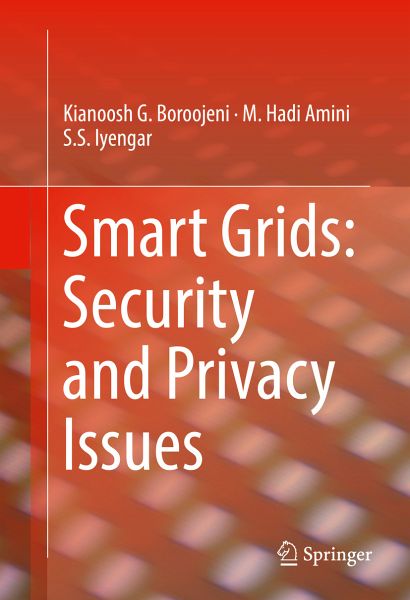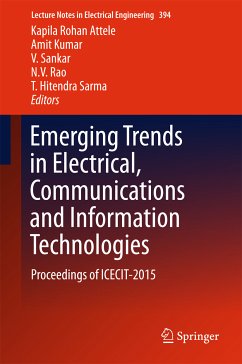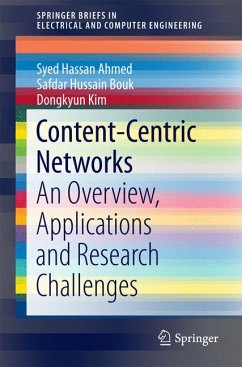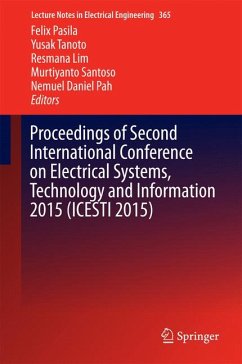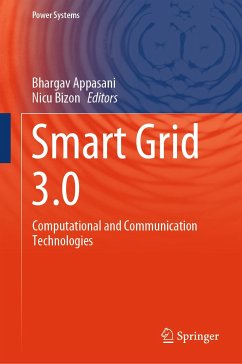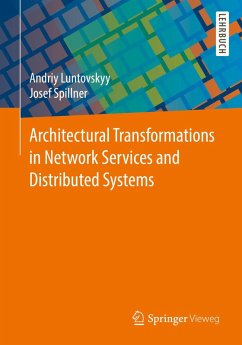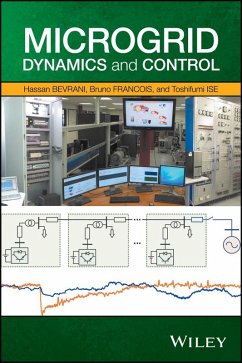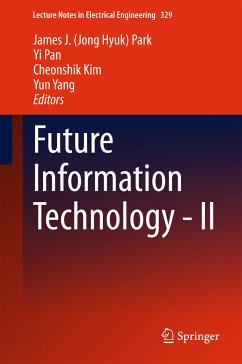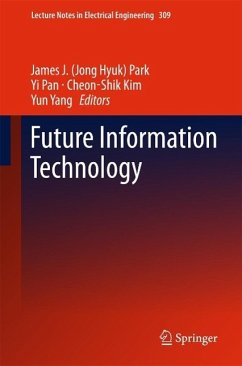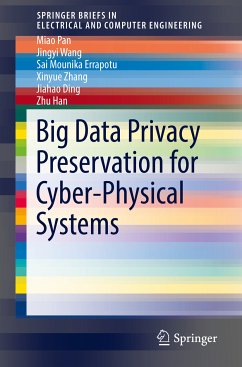Kianoosh G. Boroojeni is a PhD candidate of computer science at FIU. He received his Computer Science B.Sc in University of Tehran, Iran (2012).research interests include network algorithms, cybersecurity, and optimization algorithms. He co-authored two books entitled "Mathematical Theories of Distributed Sensor Networks" (published by Springer) and "Oblivious Network Routing: Algorithms and Applications" (published by MIT Press). Currently, Kianoosh is collaborating with Dr. S.S. Iyengar on some security issues in the context of cloud computing and smart grids.
M. Hadi Amini received the B.Sc. degree from the Sharif University of Technology, Tehran, Iran, in 2011, and the M.Sc. degree from Tarbiat Modares University, Tehran, in 2013, both in Electrical Engineering. He also received the M.Sc. degree in Electrical and Computer Engineering from Carnegie Mellon University in 2015. He is currently pursuing the dual-degree Ph.D. in Electrical and Computer Engineering with the Department of Electrical and Computer Engineering, Carnegie Mellon University (CMU), Pittsburgh, PA, USA and Computer Science and Technology with the Sun Yat-sen University-CMU Joint Institute of Engineering, School of Electronics and Information Technology, Guangzhou, Guangdong, China. He is also with SYSU-CMU Shunde International Joint Research Institute, Shunde, Guangdong, China. Hadi serves as reviewer for several high impact journals and international conferences and symposiums in the field of smart grid. He has published more than 40 papers in refereed journal and international conferences in the smart grid related areas. He has been awarded the 5-year scholarship from the SYSU-CMU Joint Institute of Engineering in 2014, sustainable mobility summer fellowship from Massachusetts Institute of Technology (MIT) office of sustainability in 2015, and the deans honorary award from the president of Sharif University of Technology in 2007. His current research interests include smart grids, electric vehicles, distributed optimization methods in interdependent power and transportation networks, and state estimation.
S.S. Iyengar is a leading researcher in the fields of distributed sensor networks, computational robotics, and oceanographic applications, and is perhaps best known for introducing novel data structures and algorithmic techniques for large scale computations in sensor technologies and image processing applications. He is currently the Director and Ryder Professor at Florida International University's School of Computing and Information Sciences in Miami, FL. He has published more than 500 research papers and has authored or co-authored 12 textbooks and edited 10 others. Iyengar is a Member of the European Academy of Sciences, a Fellow of the Institute of Electrical and Electronics Engineers (IEEE), a Fellow of National Academy of Inventors (NAI) a Fellow of the Association of Computing Machinery (ACM), a Fellow of the American Association for the Advancement of Science(AAAS), and Fellow of the Society for Design and Process Science (SDPS). He has received the Distinguished Alumnus Award of the Indian Institute of Science. In 1998, he was awarded the IEEE Computer Society's Technical Achievement Awardand is an IEEE Golden Core Member. Professor Iyengar is an IEEE Distinguished Visitor, SIAM Distinguished Lecturer, and ACM National Lecturer. In 2006, his paper entitled, A Fast Parallel Thinning Algorithm for the Binary Image Skeletonization, was the most frequently read article in the month of January in the International Journal of High Performance Computing Applications. His innovative work called the Brooks-Iyengar algorithm along with Prof. Richard Brooks from Clemson University is applied in industries and some real-world applications.
